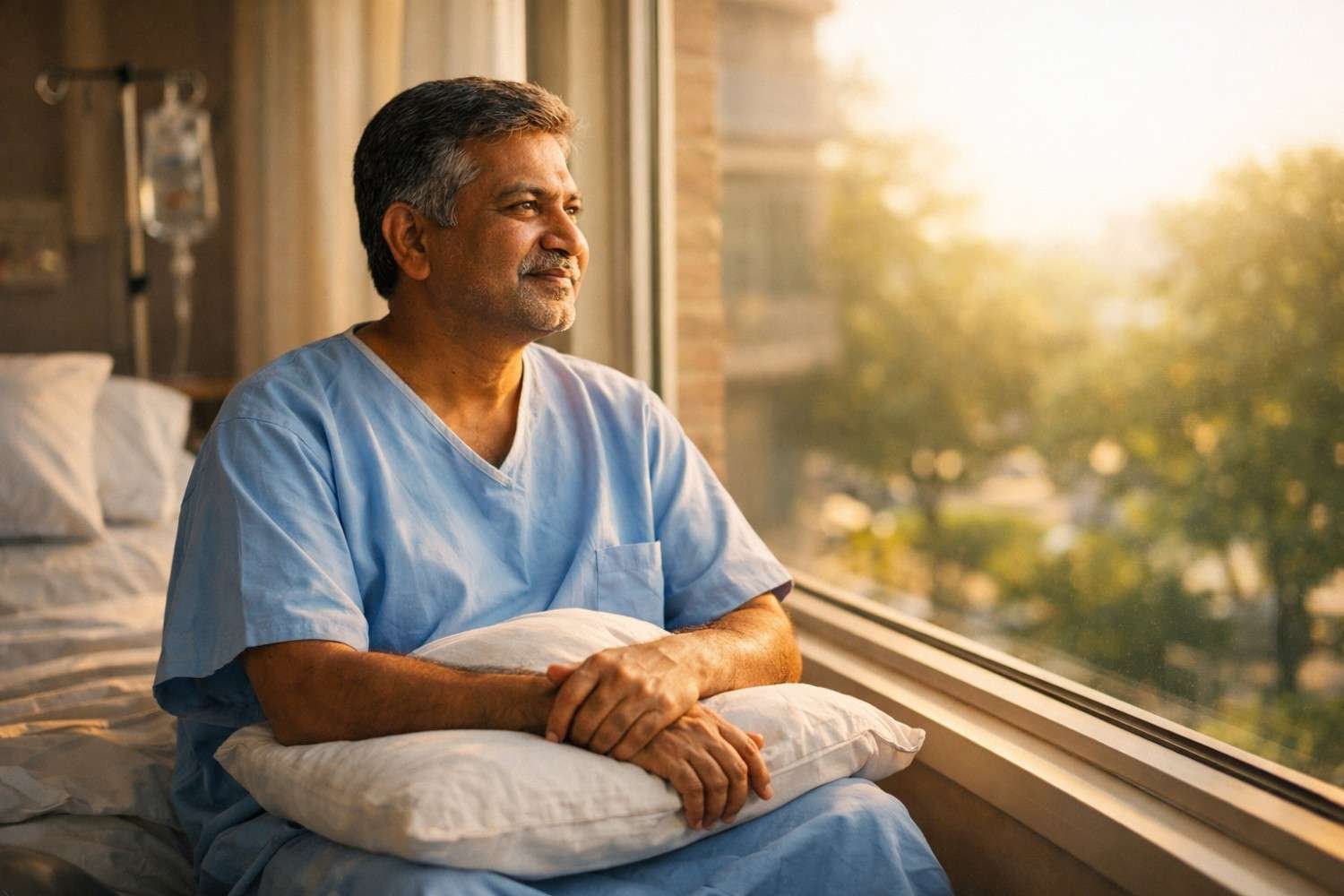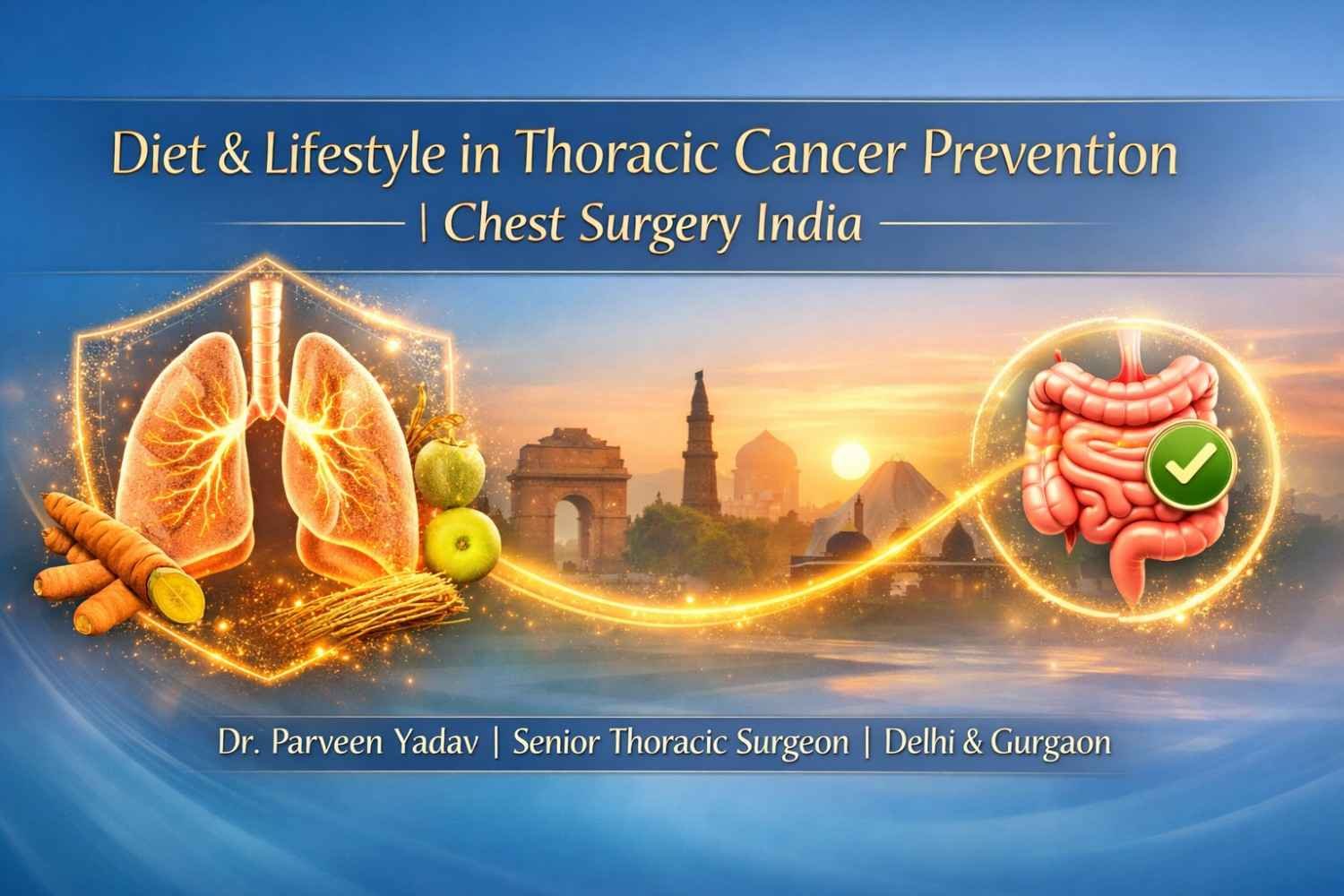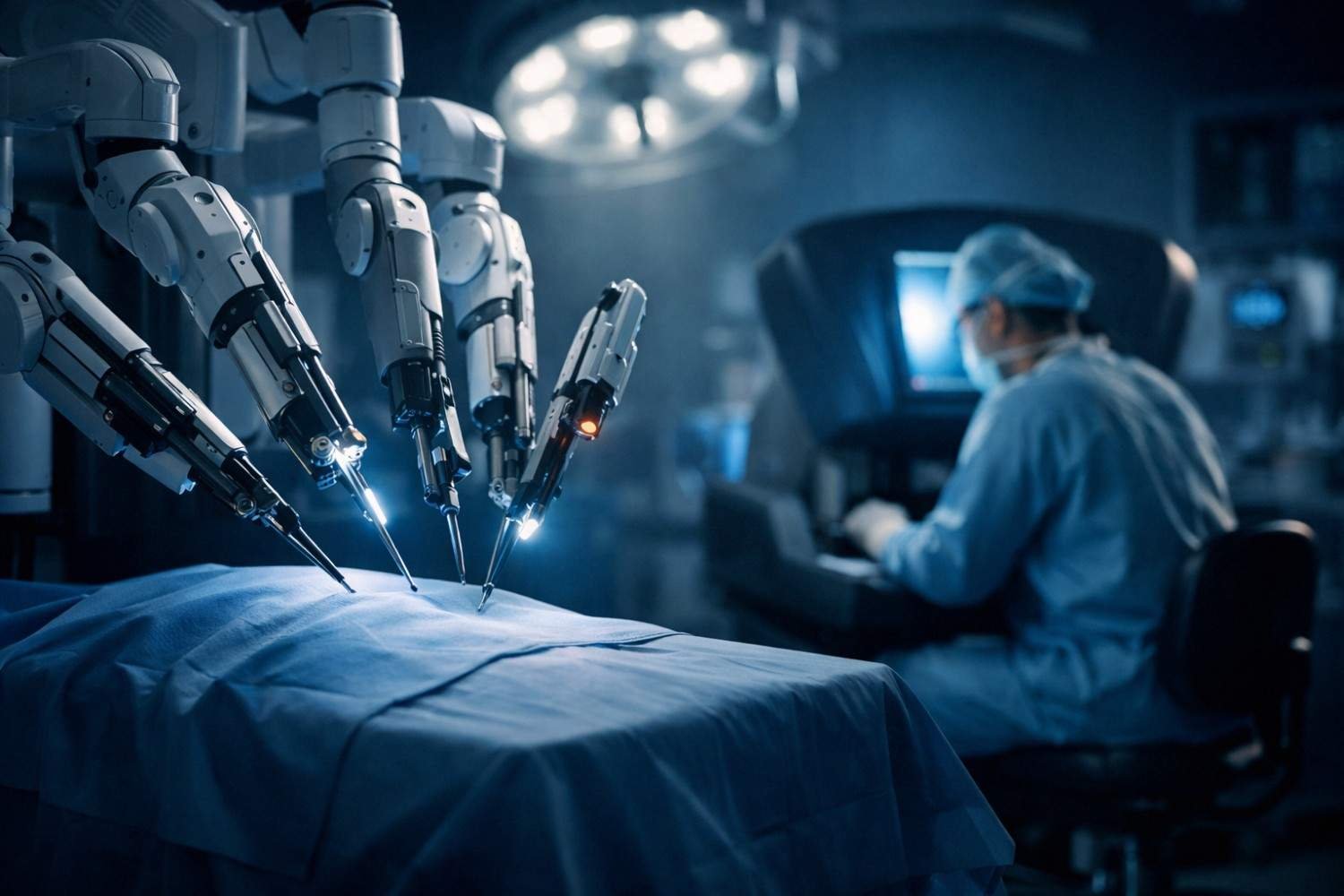

Vaping has become a popular alternative to smoking, but many people believe it to be safer than smoking traditional cigarettes. However, the potential health risks of vaping, especially its link to lung cancer, have been the subject of ongoing debates and studies. This blog tells about the topic and provides a better understanding of whether vaping can cause lung cancer. It will separate scientific facts from common misconceptions and provide insights into lung cancer treatment in Gurgaon, Delhi.
Understanding Vaping and Its Components
Vaping involves inhaling vapour created by an electronic cigarette or a similar device. E-cigarettes use a liquid that typically contains nicotine, flavourings, and other chemicals instead of burning tobacco like cigarettes do. When this liquid is heated, it creates an aerosol, or vapour, that the user inhales. It's crucial to understand that while vaping avoids the combustion of tobacco, it does not eliminate exposure to potentially harmful substances.
Several studies have highlighted that vape liquids contain chemicals like propylene glycol, glycerin, flavouring agents, and nicotine. When vaporised, these substances can degrade into potentially harmful compounds. For instance, formaldehyde—a known carcinogen—can be formed when e-liquid is heated to high temperatures. Despite these risks, the overall levels of carcinogens in vape products are generally lower compared to traditional cigarettes.
To date, direct evidence linking vaping to lung cancer is still evolving. Research suggests that while e-cigarettes are less harmful than traditional cigarettes, they are not free of health risks. The critical concern is the long-term exposure to low levels of carcinogens and other toxic substances, which could potentially contribute to cancer, including lung cancer.
It should be noted that vaping is a relatively new practice, and long-term studies are still ongoing to understand its effects. However, health experts agree that inhaling chemically complex aerosols risks lung health.
While the debate continues, health authorities, including the American Cancer Society, state that vaping is likely less harmful than smoking. This does not mean vaping is safe. Instead, the risk of cancer and other lung diseases from vaping appears to be lower compared to smoking but higher than not using any tobacco or nicotine products at all.
Apart from concerns about cancer, vaping has been linked to other lung issues, such as EVALI (e-cigarette or vaping product use-associated lung injury). EVALI has highlighted the potential for severe, acute lung damage from certain additives in vape products, like vitamin E acetate, which was found in many THC-containing e-cigarettes associated with the outbreak in 2019.
For individuals concerned about lung health, the best approach is to avoid all tobacco and vaping products. For those seeking to quit, various cessation aids and support systems are available, which have shown effectiveness in helping individuals stop using nicotine products.
Regular check-ups with a healthcare provider for those with a history of long-term smoking or vaping are crucial. Early detection of lung issues, including cancer, significantly enhances treatment outcomes.
For residents of Gurgaon and Delhi, accessing top-notch lung cancer care is critical. The region boasts several healthcare facilities and specialists equipped to handle various complexities of lung cancer. If you or a loved one requires medical advice or treatment for lung cancer, consulting with a lung cancer specialist in Gurgaan or Delhi is advisable.
While the definitive link between vaping and lung cancer requires further research, the evidence suggests that vaping is not without risks. Individuals should weigh these risks when considering vaping, especially those with a predisposition to lung issues.
For those in Gurgaon and Delhi seeking guidance or treatment for lung conditions, Dr. Parveen Yadav and the Chest Surgery India Hospital team provide expert care focusing on innovative treatment methods and patient-centred approaches. Whether you are looking to discuss preventive measures or need treatment for lung cancer, their expertise confirms you receive supreme care tailored to your health needs.
By staying informed and cautious about the risks associated with vaping, individuals can make better decisions for their lung health and overall well-being.
1. Can vaping directly cause lung cancer?
While direct evidence is still developing, vaping involves exposure to carcinogens, which could potentially increase lung cancer risk over time.
2. Is vaping safer than smoking cigarettes?
Vaping is generally considered less harmful than smoking cigarettes due to lower levels of carcinogens, but it is not risk-free.
3. What chemicals in vaping are harmful?
When heated, chemicals such as formaldehyde, acrolein, and certain flavouring compounds in e-liquids can be toxic and potentially carcinogenic.
4. Can non-nicotine vapes cause lung damage?
Yes, even non-nicotine vapes contain substances that can irritate or damage lung tissue, regardless of nicotine content.
5. Where can I find specialised lung cancer treatment in Gurgaon, Delhi?
Top facilities like Chest Surgery India Hospital and specialists like Dr. Parveen Yadav offer expert lung cancer treatment in Gurgaon and Delhi.
About Dr. Parveen Yadav
Dr. Parveen Yadav is a highly recommended surgeon or specialist for lung cancer treatment in Gurgaon, Delhi. He specialises in minimally invasive and robotic thoracic onco surgery. He has been recognised for 17+ years as the best chest surgeon in Gurgaon, Delhi, for his expertise in treating chest-related (Chest Surgery) ailments, such as Esophageal (Food Pipe Cancer), Lung, Tracheal (Throat), Chest wall tumours, Mediastinal Tumours, Empyema, and Bronchopleural Fistula cancer. With a focus on precision and innovation, he is dedicated to offering exceptional care to his patients, utilising techniques to ensure optimal outcomes.

18+ Yrs Exp | 5,700+ Thoracic & Robotic Cancer Surgeries
Dr. Parveen Yadav is a Director and Senior Consultant in Thoracic and Surgical Oncology, specializing in minimally invasive and robotic lung and esophageal surgeries, with advanced training from AIIMS and Tata Memorial Hospital.
View Full Profile Pain After Thoracic Surgery: Tips for Smooth Recovery
Pain After Thoracic Surgery: Tips for Smooth Recovery
 Diet & Lifestyle for Thoracic Cancer Prevention | Dr. Parveen Yadav
Diet & Lifestyle for Thoracic Cancer Prevention | Dr. Parveen Yadav
 Robotic Thoracic Surgery: How Da Vinci Technology is Revolutionizing Chest Procedures
Robotic Thoracic Surgery: How Da Vinci Technology is Revolutionizing Chest Procedures
Struggling with pain after chest surgery? Dr. Parveen Yadav shares expert recovery tips, causes of shoulder pain, PTPS signs, and what your discharge sheet won't tell you.
Discover how diet, breathing exercises & daily habits help prevent and recover from thoracic cancer. Expert insights from Dr. Parveen Yadav, Chest Surgery India
Discover how Da Vinci robotic surgery is transforming chest procedures in Gurgaon. Less pain, faster recovery & expert care by a certified thoracic surgeon
Copyright 2026 © Dr .Parveen Yadav all rights reserved.
Proudly Scaled by Public Media Solution!